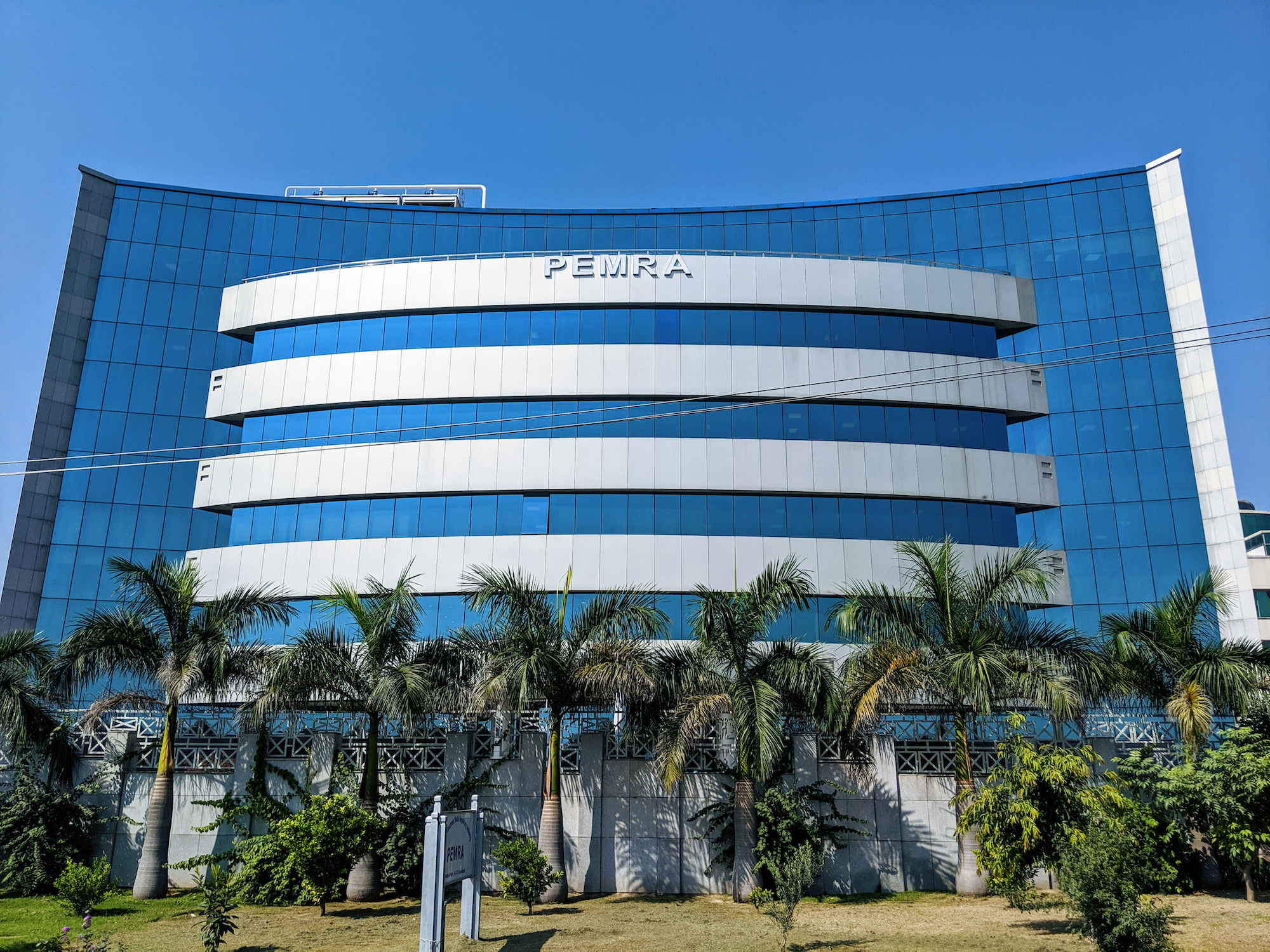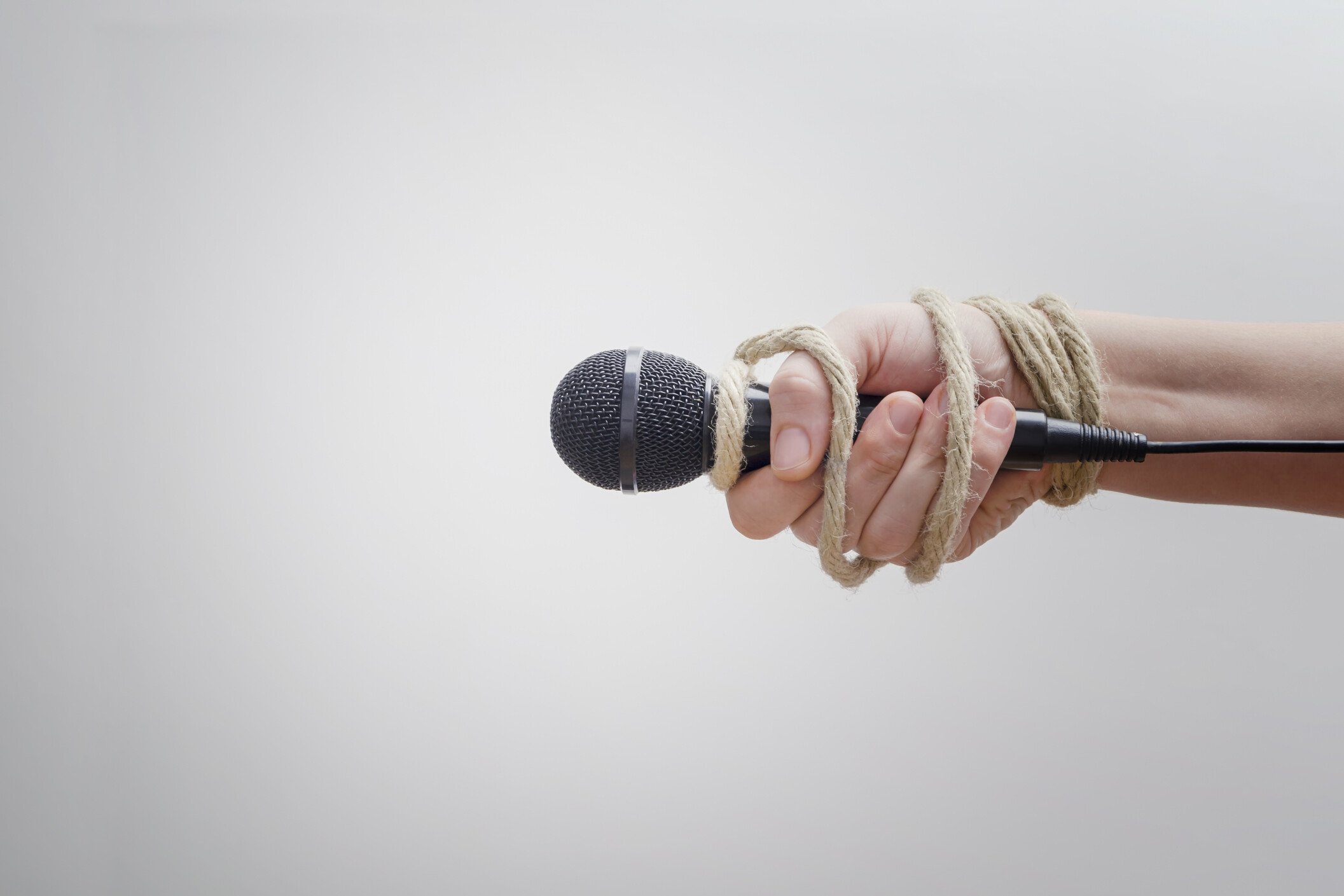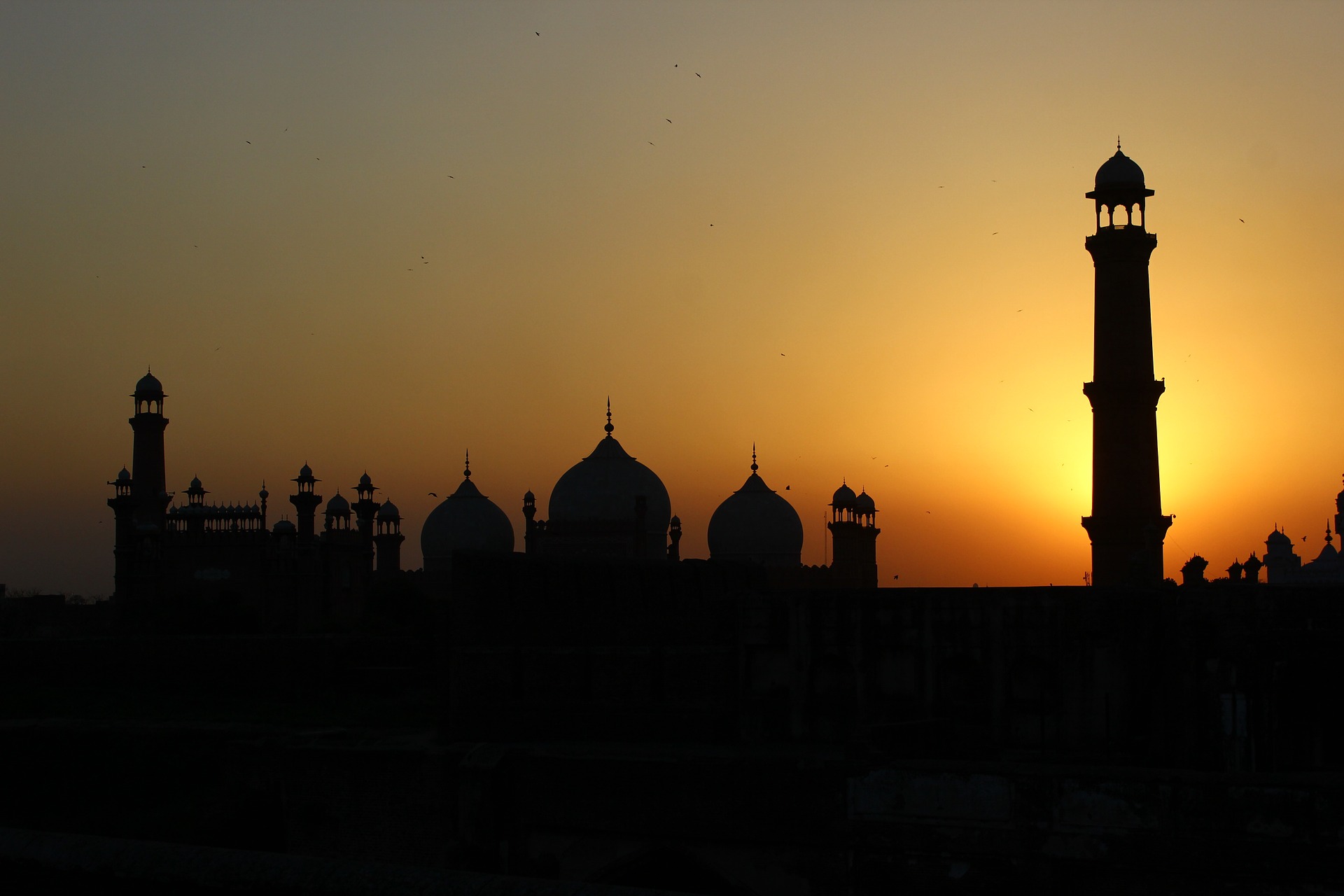New regulator could further restrict media freedom in Pakistan
16 August 2021
While the Public Media Alliance welcomes comments that suggest support for media freedom, we are increasingly concerned by the bleak reality in Pakistan as authorities tighten their grip on independent media and critical voices.
“I only oppose the media when fake news is disseminated, otherwise free media is a blessing for any country.” These words were voiced by Prime Minister Imran Khan in an address earlier this month, only two months after he was added to Reporters without Border’s list of ‘Press Freedom Predators’.
According to RSF, ‘Pakistan is reliving some of the worst moments of its past military dictatorships’ as journalists are routinely self-censoring or are targets of threats, harassment or abductions. The country has slipped six places to 145th in RSF’s World Press Freedom Index since 2018, and is considered among the top five most dangerous countries for journalists by the International Federation of Journalists.
A newly proposed media regulator has been criticised as one of the latest threats to media freedom. The government tabled the Pakistan Media Development Authority Ordinance (PMDA) in May, which would introduce a new regulatory body with far-reaching powers to oversee all types of media in the country. This includes social media which, for some time, has been the only medium available for publishers to share critical reports – they too are being targeted.
The government deems the proposed regulator as a way to ‘address the media related issues in the country’ by converging Pakistan’s “fragmented” media regulatory environment, and to prevent endangering national security. Bodies such as the Pakistan Electronic Media Regulatory Authority (PEMRA) and the Press Council of Pakistan will merge under the new centralised Authority. Several existing media laws will also be reformed or abolished.
The proposal is widely opposed by journalists and press freedom groups who believe that it could put more undue pressure on an already restrictive media landscape. Journalists accused of reporting critically on authorities could receive a maximum three-year prison sentence and a fine of around 25 million rupees ($160,000). Voice of America quoted Michael Kugelman, deputy director of the Wilson Center’s Asia programme, who said that the government “wants to essentially institutionalise its ability to control narrative in the media.”
Journalists accused of reporting critically on authorities could receive a maximum three-year prison sentence fine of around 25 million rupees
Hamid Mir, a prominent journalist and broadcaster who was taken off-air from his current affairs programme on Geo TV in May and faces six accusations of sedition, has continued to speak out about the government’s attempts to silence independent journalism. Mir told the BBC World Service’s HARDtalk that he is a “living example of self-censorship in Pakistan” and described the culture of impunity for attacks on journalists. “Whenever a journalist is attacked in Pakistan, there is no justice. The police and law enforcement agencies… always fail to identify the culprit.” He admitted to there being a “climate of fear” for journalists in Pakistan.
Meanwhile, according to Bol News, Mir Shakil-ur-Rahman (MSR), Editor-in-Chief and owner of the Geo and Jang media group – a member of PMA – still faces an ongoing court proceeding for an alleged illegal land purchase more than 30 years ago. MSR was granted bail last year and indicted by the Accountability Court in January. The Court has reportedly adjourned the case until the end of the month.
Claims by authorities that press freedom is improving and attacks on journalists in Pakistan have reduced are groundless vis-a-vis clear and documented attempts to silence independent media. PMA calls on Pakistan’s authorities to cease implementing draconian measures under the guise of reforming the media and to take action against those responsible for attacks on journalists. It is imperative for the future of Pakistan’s democracy that all journalists and media workers can hold authorities to account for their actions without resorting to self-censorship.
In other news
In other developments, the government has revealed plans to transform Pakistan’s state media organisations under a new digitalisation project, which President Arif Alvi launched last week. Pakistan Television (PTV) News will introduce high-definition broadcasts, while Radio Pakistan will soon launch a podcast and replace old equipment with modern recording equipment and technology. Muhammad Asim Khichi, the Pakistan Broadcasting Corporation’s (PBC) new Director General said that new digital transmission would extend its reach across the country and the new podcast venture would ensure that its ‘voice can be heard across the globe’.
Related Posts
23rd February 2021
Pakistan: Geo and Jang Media Group’s office attacked by protesters
Protesters entered the office of Geo…
27th January 2021
Pakistan: Serious concerns for journalist safety and editorial independence
Attacks on journalists and threats to…


